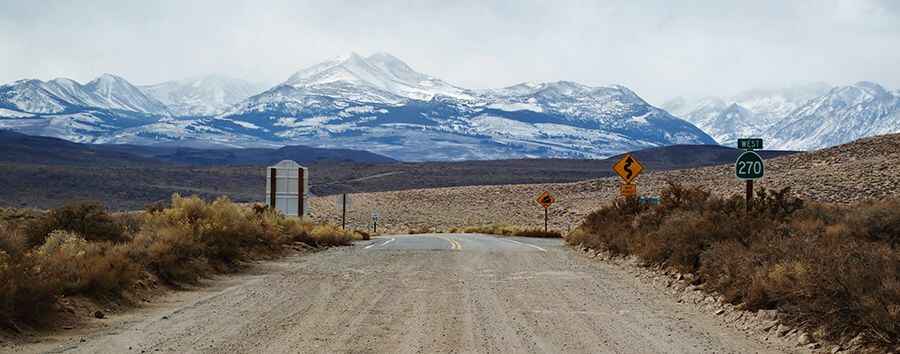How to have the ultimate road trip to Bodie, a ghost town in California
Situated high in the Sierra Nevada mountain range, Bodie is a ghost town in Mono County, in the U.S. state of California. The town sits at an elevation of 2.554m (8,379ft) above the sea level.

Can you drive to Bodie, a ghost town in California?
The road to the town is mostly paved. Only the last 3 miles are a rough dirt road, dusty, bumpy and slow. Reduced speeds are necessary. It can be difficult at times, especially after rain or snow. The road is suitable for most vehicles. To drive the road without stopping will take most people between 35 and 45 minutes.
How long is the road to Bodie in California?
The road to the gold-mining ghost town, a true piece of history in the middle of nowhere, is called Bodie Road (CA-270 W). Starting at Dog Town, a ghost town on US-395, it’s 20.11km (12.5 miles) long.
Why did Bodie become a ghost town?
Tucked away in the east central portion of California, within the Bodie State Historic Park, northeast of Yosemite, the ghost town of Bodie is one of the most authentic abandoned gold-mining towns of the Old West. Located near the Nevada border, the bustling town that once had a population of nearly 10,000 people (from 1877 to 1882) and produced more than $38 million in gold and silver is named for Waterman S. Body (William Bodey), who had discovered small amounts of gold in hills north of Mono Lake. The town was abandoned when the gold ran out. Only 5% of the town remains but what is left is very impressive. It is also reputed to be a “ghost” town in another sense: some claim, according to a TV documentary, that Bodie is inhabited by ghosts who guard the town against pilferers.
Is the road to Bodie ghost town open?
Set high on the eastern Sierra Nevada mountain range, the road is open to traffic throughout the year, but may be closed from November through May. Winter weather is often unpredictable. Sub-zero temperatures, strong winds and white-out conditions are not uncommon. It can be righteously hot by midsummer and buried in snow in wintertime. The weather can be changeable and layered clothing is recommended. Many four wheel drive vehicles get stuck each year in the powdery snow that is deeper than it first appears. If you are traveling in the winter, due to the high elevation, the park can only be accessed via skis, snowshoes or snowmobiles. In spring, mud can be a problem.
Pic: David Goulart